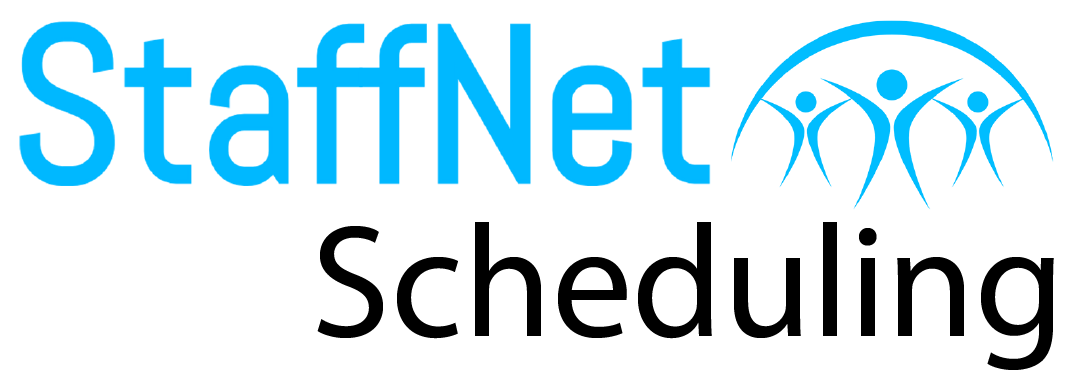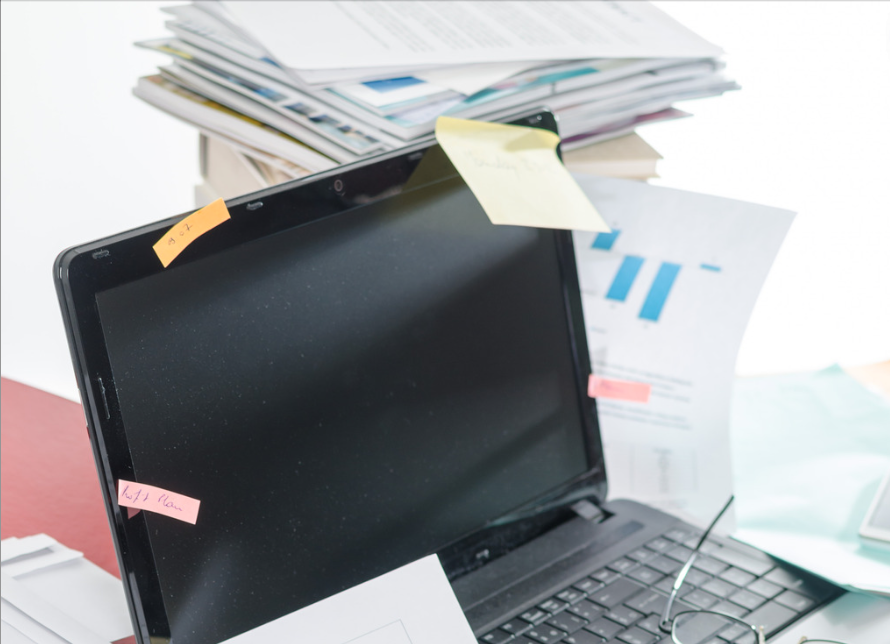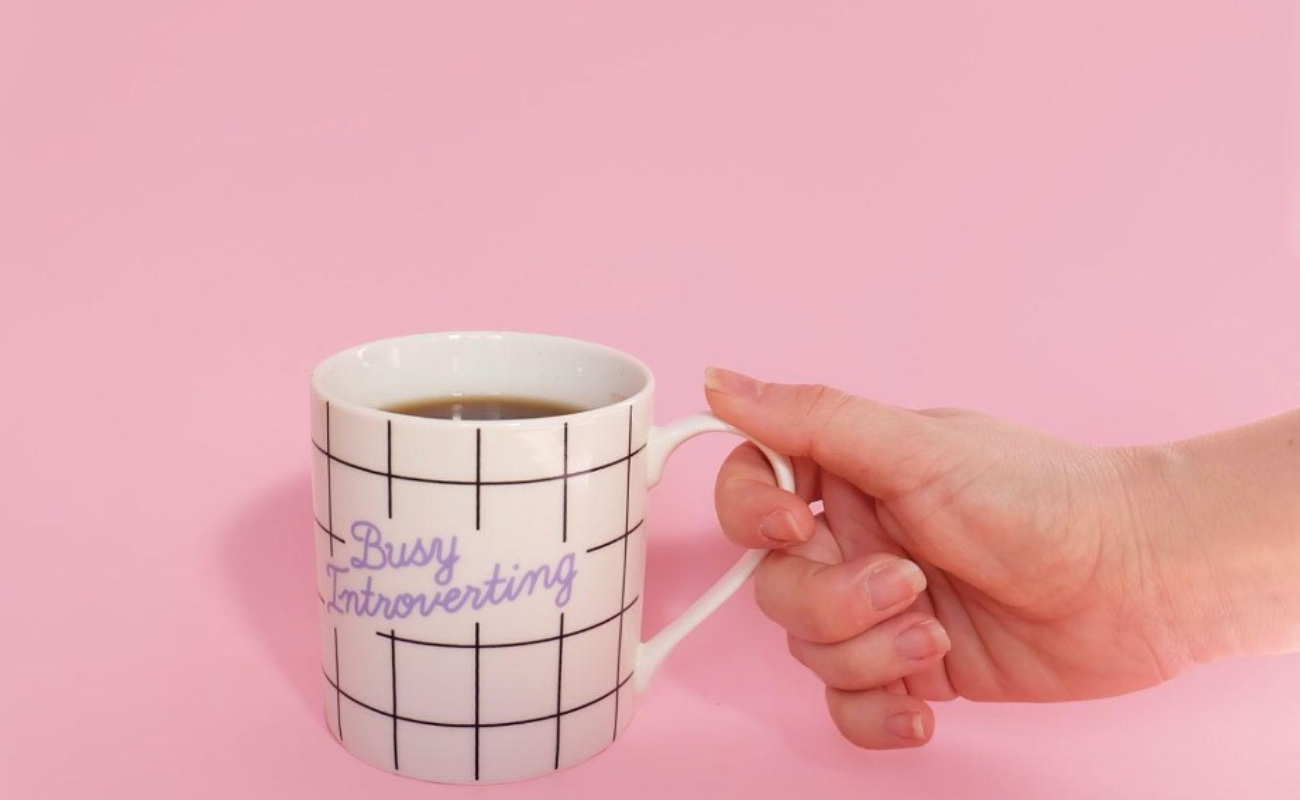In a world living at 1,000,000,000 miles/ hr how do we slow down?

What is Technostress?
Whether you’re aware of it or not, it’s more than likely technostress has affected you and those you love.
Technostress refers to the negative impact of technology on an individual’s well-being. It is the psychological and physiological response to excessive use of technology, and it can manifest in a variety of ways, such as anxiety, depression, sleep disturbances, and even physical symptoms like headaches and eye strain.
One of the main causes of technostress is the constant bombardment of information and notifications from our devices.
In a world where we’re constantly connected to the internet and our devices, and this constant connection can lead to information overload and decision fatigue all before noon.
As the feelings of anxiety and stress, and the pressure to constantly be available and responsive to the constant stream of information and notifications rise it comes to a boiling point. But do we know where that is?
Causes of Technostress
One of the main causes of technostress is the pressure to always be “on.”
With the rise of remote work and the blurring of boundaries between work and personal time, many of us feel the pressure to always be available and responsive to work-related emails and messages, even outside of traditional work hours. This can lead to feelings of burnout and can negatively impact our personal and professional lives.
Did you know that as of 2022 the average person is set to spend an average of 44 years in front of a screen. Wow.
Combating Technostress
So now that we know all about technostress, let’s dive in to the ways to be intentional about technology.
More so than ever it’s incredibly important to set boundaries and establish a healthy relationship with technology. This may include the following:
- Setting specific times during the day to check email and notifications
- Turning off notifications for non-essential apps on your devices
- Taking intentional breaks from screens at times of interaction, relaxation, exercise, meals, etc.
How Many Hours a Day is OK in Front of a Screen?
There is no specific recommendation for how many hours a day one should disconnect from technology, as it’s subjective and can vary depending on an individual’s lifestyle and personal needs.
However, some experts suggest setting aside these specific periods of time during the day to disconnect from technology, such as:
- Before bed: It’s recommended to avoid screens for at least an hour before bed to help improve sleep quality. The blue light emitted from screens can interfere with the production of melatonin, a hormone that regulates sleep.
2. During meals: It’s a good idea to disconnect from technology during meals to promote mindfulness and to avoid distractions while eating (which actually helps in avoiding to over eat, too!)
3. During leisure time: Instead of using technology during leisure time, engage in other activities such as exercise, meditation, and spending time in nature — these times taken intentionally without technology is great for your overall brain health.
Cutting the Umbilical Cord from Technology
It’s important to consider your personal needs and preferences. To each their own.
Some people may find that disconnecting for just a few hours a day is sufficient, while others may benefit from disconnecting for longer periods of time. Experiment with different strategies and find what works best for you.
It’s also important to note that disconnecting from technology doesn’t mean cutting yourself off completely, it means finding a balance that works for you, be aware of how much time you spend on technology, and try to reduce excessive use.
Is Technology the Enemy?
At times it certainly can feel that way! But why? In my experience, I’ve felt that way when I’ve not felt in control of myuse of technology. Perhaps your experience is very different.
When used intentionally, it can be leveraged for major growth and productivity though.
Plus how cool is it that we live in a world where we can connect with almost anyone around the world in seconds?! Unreal.
It’s important to remember that technology is a tool, and it’s up to us to decide how and when we use it. By being mindful of our technology use and taking steps to reduce technostress, we can improve our well-being and lead more balanced lives.
Do you feel the effects of technostress? If so, what techniques do you use to combat the effects?
Looking for weekly inspiration in the form of tips, tricks and many many stories of failing forward towards success? Then you should subscribe here to get our weekly email sent straight to your email. No spam. Just content from the heart to share and help uplift our entrepreneurial community. Subscribe here!





